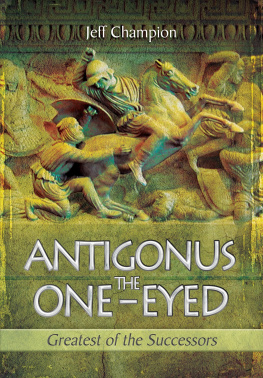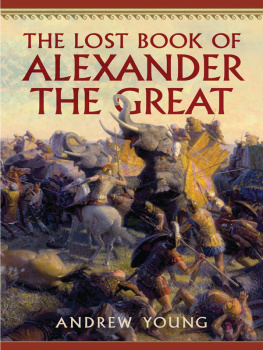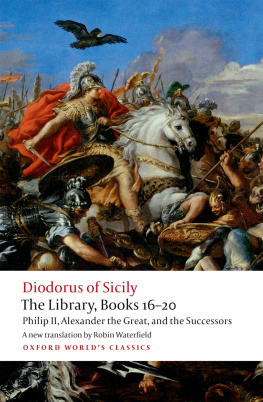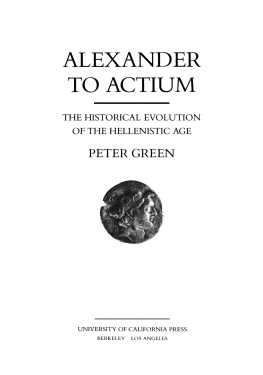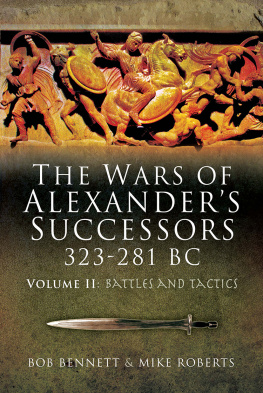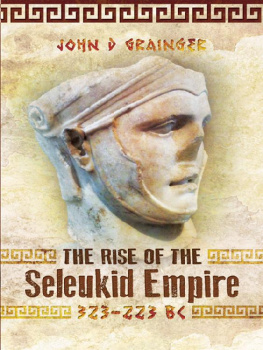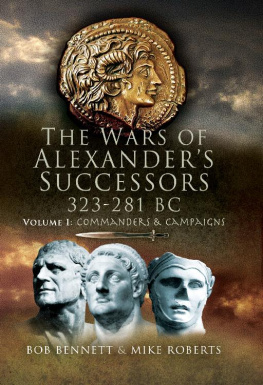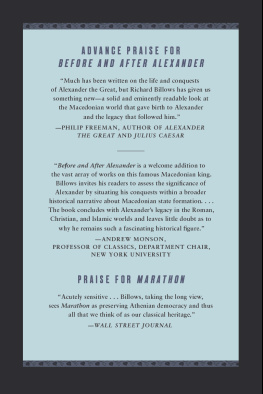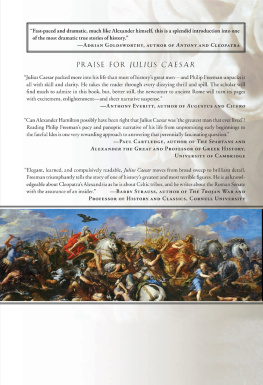
First published in Great Britain in 2014 by
Pen & Sword Military
an imprint of
Pen & Sword Books Ltd
47 Church Street
Barnsley
South Yorkshire
S70 2AS
Copyright Jeff Champion 2014
ISBN 978 1 78303 042 2
eISBN 9781473840898
The right of Jeff Champion to be identified as the Author of this Work has been asserted by him in accordance with the Copyright, Designs and Patents Act 1988.
A CIP catalogue record for this book is available from the British Library
All rights reserved. No part of this book may be reproduced or transmitted in any form or by any means, electronic or mechanical including photocopying, recording or by any information storage and retrieval system, without permission from the Publisher in writing.
Typeset in Ehrhardt by
Mac Style, Bridlington, East Yorkshire
Printed and bound in the UK by CPI Group (UK) Ltd, Croydon, CRO
4YY
Pen & Sword Books Ltd incorporates the imprints of Pen & Sword
Archaeology, Atlas, Aviation, Battleground, Discovery, Family History,
History, Maritime, Military, Naval, Politics, Railways, Select, Transport,
True Crime, and Fiction, Frontline Books, Leo Cooper, Praetorian Press,
Seaforth Publishing and Wharncliffe.
For a complete list of Pen & Sword titles please contact
PEN & SWORD BOOKS LIMITED
47 Church Street, Barnsley, South Yorkshire, S70 2AS, England
E-mail: enquiries@pen-and-sword.co.uk
Website: www.pen-and-sword.co.uk
Contents




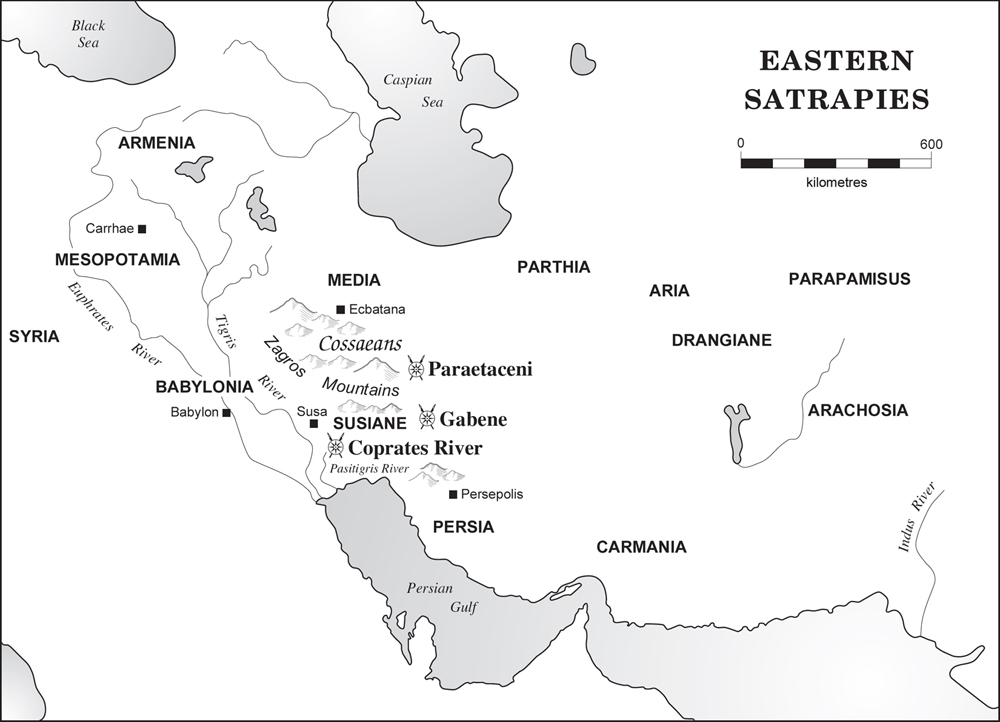
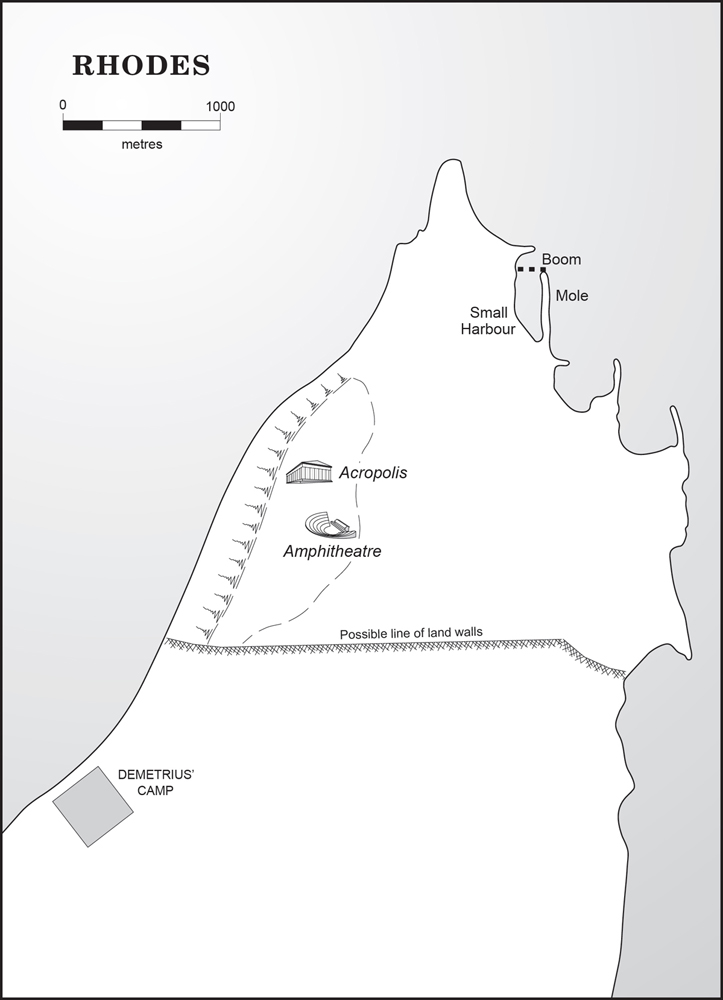
Preface
The Oldest and Greatest of the Successors of Alexander .
Plutarch, Demetrius 3
All dates in this work are BC unless otherwise noted.
Few living in the kingdom of Macedonia would have looked forward to the year 382 with much optimism. Once again the kingdom was in turmoil, with rival claimants to the throne and aggressive foreign powers trying to take advantage of the kingdoms disunity. Such a situation would not have surprised most Macedonians. Macedonia was a border kingdom lying between the Greeks of south and the barbarian tribes of the Illyrians, Thracians and Paeonians to the north. For most its history the Macedonians had to fight both to extend its own territory and to defend against the incursions of the barbarians and the Greeks.
It was in this year (or thereabout) that two men were born who would play important roles in the transition of Macedonia from an endangered nation to the most powerful of the Greek states. One was Philip, the youngest son of the king Amyntas III. In 359, Philip would seize the kingship from his infant nephew, Amyntas. He would rule for twenty three years until his assassination in 336. During his reign Philip would hammer the northern tribes into submission and force into subjection the Greeks to the south and east. Philips son, Alexander the Great, would use his fathers legacy to conquer the Persian Empire, creating a Macedonian Empire stretching from Greece eastwards to the Indus River and south to include Egypt. In 323 Alexander would die a premature death, not having produced an obvious successor. His generals, known as the Successors, in Greek Diadochi , would then carve up his empire, creating their own kingdoms.
Foremost of these generals was Antigonus, known as the One Eyed, or by his enemies as Cyclops after the stupid, one eyed giant in the Odyssey . He would become the most powerful of the Successor kings but would never rule over his homeland of Macedonia. In 301 he would die in battle at Ipsus and it would appear that his empire had been shattered. The roots of the dynasty he founded did, however, survive. His grandson, Antigonus Gonatas, would return to a Macedonia shattered by civil war and Galatian invasions to seize the throne. The dynasty would save Macedonia from chaos and rule it as a powerful, independent kingdom until it was destroyed by the Romans in the aftermath of the Battle of Pydna in 168.
To properly understand Antigonus rapid rise it is necessary to place it within the historical context. Alexander the Great had justified his conquest and rule over the Persian Empire as spear won land. This concept is best summed up in his reply to Darius before the Battle of Gaugamela, go tell your king that what he has lost and what he still possesses both remain the prizes of war. It is war that will determine the boundaries of our respective kingdoms. The Successors would justify their rule by the same ideology. The first generation of the Successors had grown up in a world where there was one Macedonian king and this, along with the extraordinary conquests of Alexander, would shape their world view and their ambitions.
This book is primarily a narrative history of the military campaigns of Antigonus. Any discussion of the administration of the early kingdoms of the Succesors is complex, and largely hypothetical, as there is little surviving contemporary evidence. Other than general observations, it is consequently beyond the scope of this work. Military operations do not, however, exist in a vacuum and there will, therefore, be some discussion of the topics that are relevant to the general historical context of the era. Debates relating to the historiographic problems of the period have been largely placed in the endnotes or the appendices at the end of the book.
Although there were a number of contemporary historians who wrote histories of the period of the Successors, none of their works have survived in any substantial form. Any history of the Successors, and therefore Antigonus, must rely primarily on the work the first century Greek historian Diodorus. Discussion of Diodorus text will, by necessity, occupy a large part of this work. The problems relating to the historical sources are discussed more fully in .
I have generally used the Latinized version of most names, believing them to be more familiar to most readers. Some quoted works will use different spellings. If the name Alexander is used unqualified in referring to a Macedonian king this will also be Alexander III, better known as the Great. To avoid confusion, Alexander, the son of Polyperchon, will be referred to as Alexandros. Modern place names have generally been placed in brackets after the first use of the ancient name. The term Asia will be limited to those parts of Asia ruled by the Macedonians or bordering this region. The bibliography is a select one, not necessarily based on merit, consisting of those works I have either cited or have found most useful in the composition of this work. A comprehensive bibliography of the period of the Successors would need a volume of its own.

